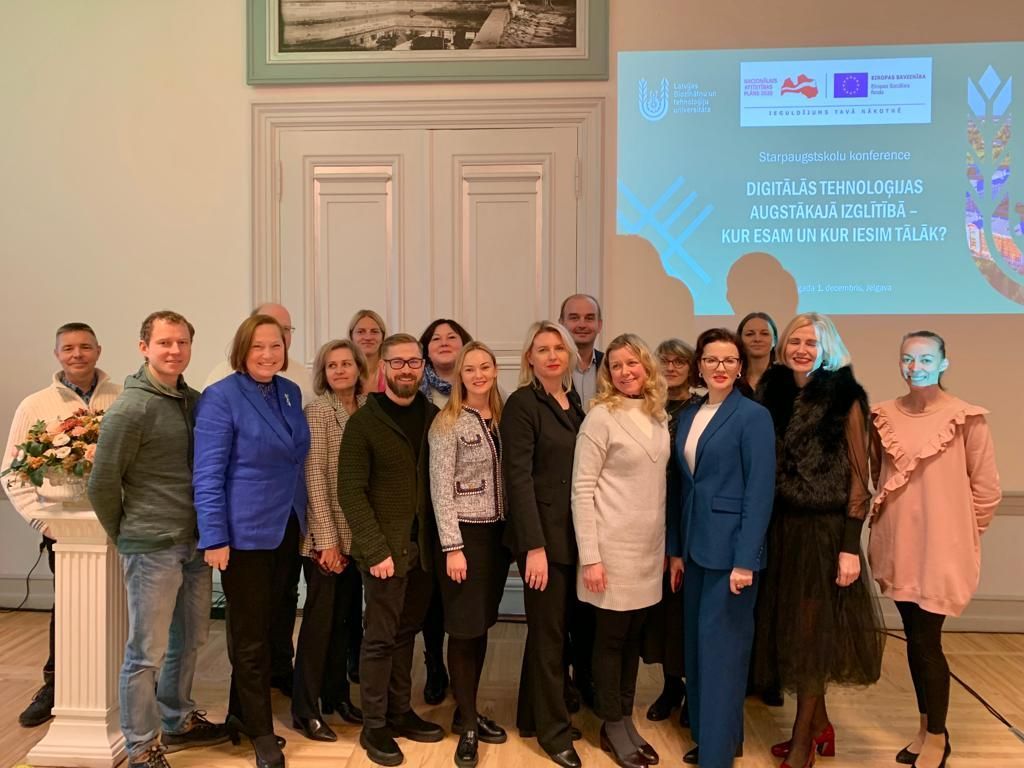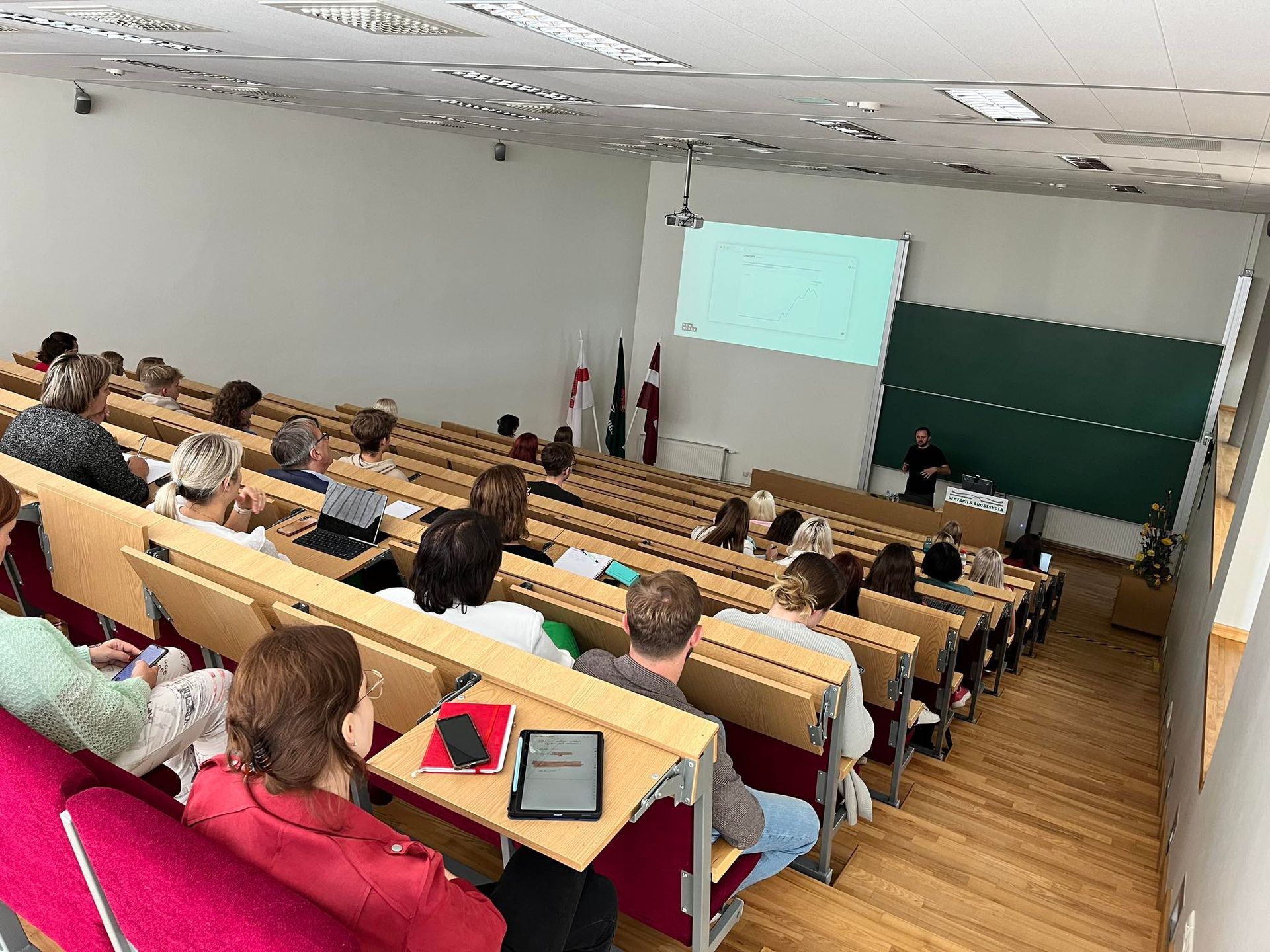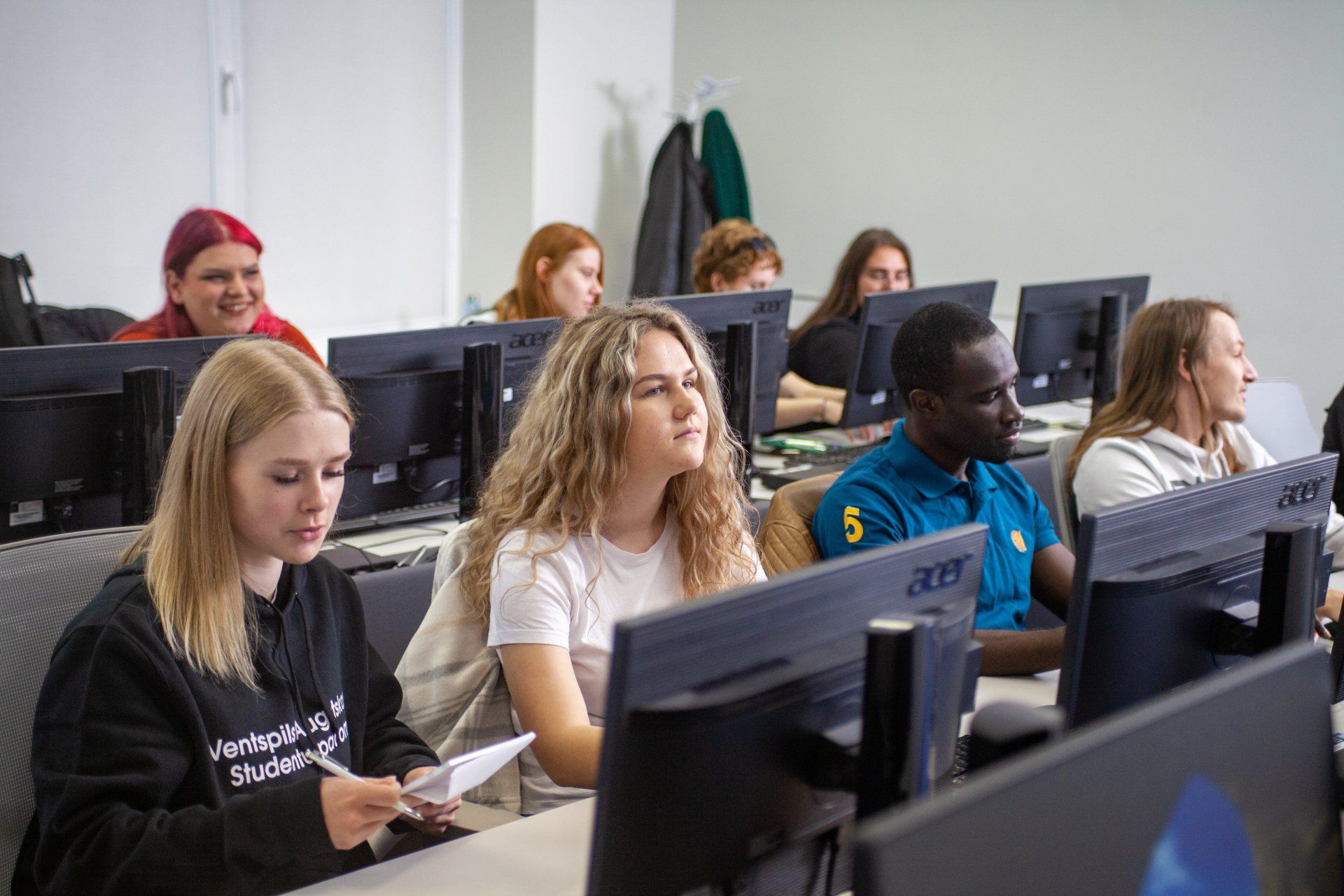PROJECT
Digitalization Initiatives for Improving the Quality of Studies in the field of Strategic Specialization of Higher Education Institutions (DIGI)
Project name: Digitalization Initiatives for Improving the Quality of Studies in the field of Strategic Specialization of Higher Education Institutions (DIGI)
Project Number: 8.2.3.0/22/A/005
Project applicant: Latvian University of Life Sciences and Technologies
Cooperation partners: Ventspils University of Applied Sciences, University of Latvia, Rezekne Academy of Technologies, Daugavpils University
Project implementation period: 01.11.2022 - 31.12.2023.
Project goal:
The aim of the project is to strengthen the digital capacity and implement digital initiatives in six Latvian higher education institutions in their areas of strategic specialisation by integrating technological solutions into the content and process of study courses.
Sub-objectives:
- To strengthen and develop students' digital competences by integrating the latest digital solutions into the universities' strategic areas of specialisation in study courses;
- Ensure intermediate and advanced level skills in all DigComp competences;
- Strengthen the capacity for the use of artificial intelligence and machine learning for students in existing and emerging new and emerging study programmes;
- Design and implement a common digital competency assessment system, accessible to all partners;
- Create a single digital solution for the assessment process.
Planned activities and results
The project activity blocks are:
- Strengthening digital capacities in new and existing study courses;
- Development and integration of a digital skills assessment system in universities;
- Integration of the latest existing digital solutions in the e-learning process;
- Project management and publicity.
Total project budget : EUR 2 052 269.47
Funding allocated to Ventspils University of Applied Sciences: EUR 190 317.61, consisting of
- State Budget funding: EUR 28 547.64
- ESF funding: EUR 161 769.96
Project coordinator at Ventspils University of Applied Sciences - Kristiāna Balode, kristiana.balode@venta.lv
Project news





